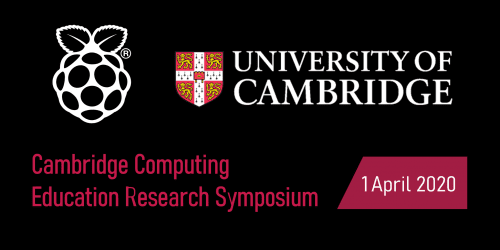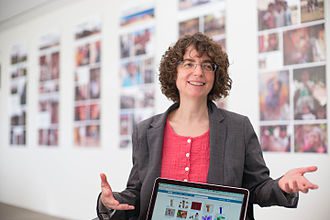Schlagwort: Cambridge Computing Education Research Symposium
-

Cambridge Computing Education Research Symposium – recap of our online event
Reading Time: 5 minutesOn Wednesday, we hosted the first-ever Cambridge Computing Education Research Symposium online. Research in computing education, particularly in school and for young people, is a young field compared to maths and science education, and we do not have much in terms of theoretical foundations. It is not a field that has received…
-

Attend our Cambridge Computing Education Research Symposium
Reading Time: 3 minutesAre you an academic, researcher, student, or educator who is interested in computing education research? Then come and join us in Cambridge, UK on 1 April 2020 for discussion and networking at our first-ever research symposium. Dr Natalie Rusk from the MIT Media Lab is our keynote speaker Join our symposium At…

